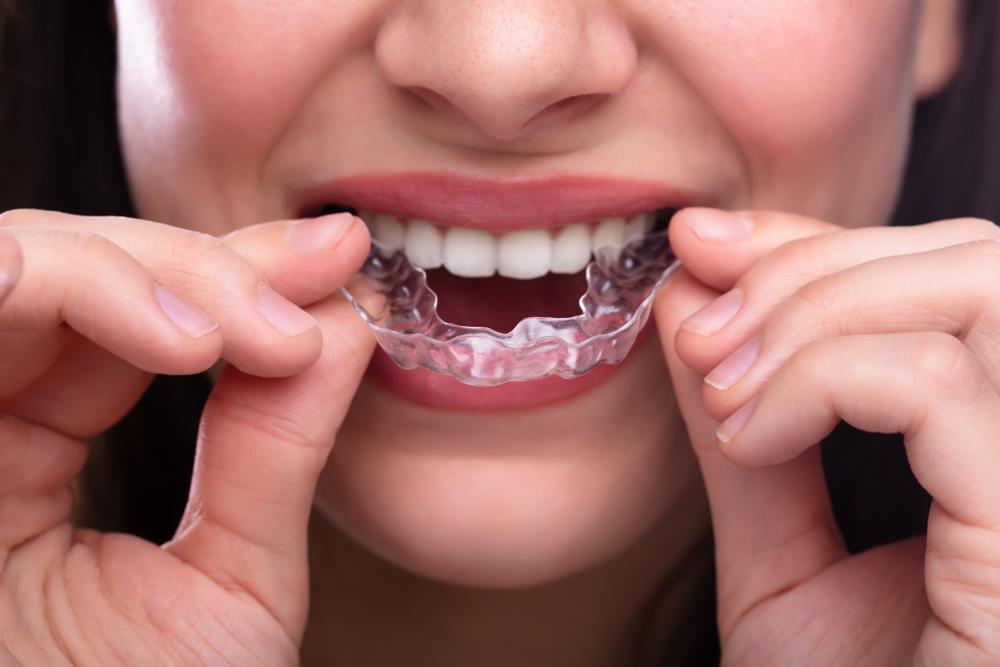
Have you ever thought about the intricacies of your bite? It’s something you might take for granted until a problem arises. Your bite, or the way your teeth come together, can have a significant impact on your overall dental health. When your teeth are not properly aligned, it can lead to a host of complications that, over time, may affect not just your oral health but your comfort and quality of life as well.
Dental Complications Related to Bite Misalignment
Bite misalignment, also known as malocclusion, can be the root of numerous dental complications. When your teeth do not align properly, it sets off a domino effect of issues. It can lead to abnormal wearing of tooth enamel, which might subsequently make your teeth more vulnerable to decay and breakage. Additionally, a misaligned bite can create undue stress on your jaw joints and muscles, potentially causing temporomandibular joint disorder (TMJD), a painful condition that affects the jaw.
Your bite's alignment doesn't only affect your teeth and jaw; it can have repercussions on your overall health. For instance, a poor bite can make it difficult to chew certain foods, leading to improper digestion and nutrition issues. Chronic pain from TMJD can also lead to secondary problems, such as headaches, neck pain, and even sleep disturbances.
Common signs include teeth that are visibly out of alignment, discomfort when biting or chewing, frequent biting of the inner cheeks or tongue, and a feeling that your teeth do not fit together properly. You might also experience sensitivity in your teeth when biting down or have recurring headaches that stem from jaw strain.
What is Bite Adjustment and How it Works
Bite adjustment, or occlusal adjustment, is a dental procedure aimed at correcting misalignment of the teeth. During the procedure, a dentist will carefully modify the surface of your teeth to ensure that they meet evenly when you bite down. This might involve reshaping certain teeth or using orthodontic treatments to move teeth into the correct position.
Over the years, advancements in dental technology have made bite adjustment more precise and effective. Techniques such as computerized occlusal analysis can provide detailed information about the pressure points within your bite. This allows for targeted adjustments that can alleviate discomfort and greatly improve function. Additionally, modern orthodontic solutions, including clear aligners and braces, can be used in conjunction with bite adjustment to achieve optimal results.
Benefits of Bite Adjustment
One of the primary benefits of bite adjustment is the positive impact it can have on your dental health. By ensuring that your teeth align properly, you can reduce the risk of enamel wear, tooth fractures, and decay. A well-aligned bite also helps to evenly distribute the force of your bite, which can prevent certain teeth from bearing too much pressure and becoming damaged over time.
If you suffer from TMJD or other jaw-related discomfort, bite adjustment can be a game-changer. By correcting the alignment of your teeth, you can relieve the excessive strain on your jaw joints and muscles. This can lead to a significant reduction in jaw pain, headaches, and other related symptoms, improving your daily comfort and quality of life.
Bite adjustment is not only about addressing current issues; it's also a preventive measure that can save you from future dental complications. With a properly aligned bite, you're less likely to encounter severe dental issues down the line. This can mean fewer dental visits, less invasive treatments, and potentially lower healthcare costs. Plus, with an improved bite, you can enjoy a broader range of foods and a more confident smile.
Conclusion
Bite adjustment is a critical, yet often overlooked aspect of dental care that can have a profound impact on your oral and overall health. By addressing bite misalignment, you can prevent a multitude of future dental complications, alleviate discomfort, and enhance your quality of life.
If you've experienced any of the signs of a misaligned bite or to determine if a bite adjustment is the right treatment for your dental needs, visit Perio Atlanta at our office in Atlanta, Georgia. Call (404) 352-3123 to schedule an appointment today.












